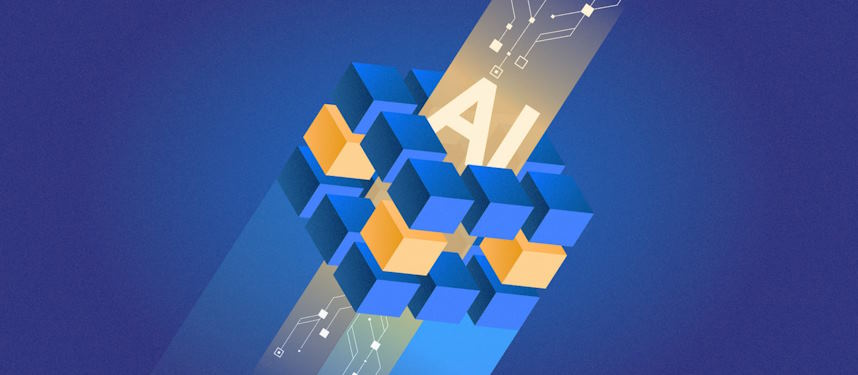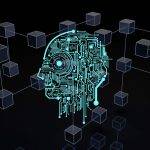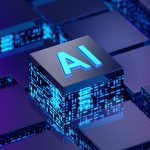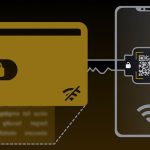In the ever-evolving landscape of digital technologies, the convergence of Artificial Intelligence (AI) and Blockchain has emerged as a dynamic force reshaping the paradigms of cybersecurity. Both AI and Blockchain have individually revolutionized their respective domains, with AI bringing forth unparalleled capabilities in data analysis and machine learning, and Blockchain providing a decentralized and tamper-resistant platform for secure transactions. The amalgamation of these technologies holds immense promise, particularly in fortifying the security foundations of digital ecosystems.
Understanding AI in Blockchain Security
In the realm of Blockchain security, the infusion of Artificial Intelligence (AI) marks a paradigm shift in fortifying defenses against an ever-evolving array of threats. Machine learning applications play a pivotal role in threat detection, with two key facets standing out prominently. Anomaly detection, the first line of defense, empowers systems to discern irregularities in data patterns, swiftly identifying any deviations from the norm. This capability proves invaluable in swiftly flagging potential security breaches or suspicious activities, allowing for rapid response and mitigation.
Complementing anomaly detection is the proficiency of AI in pattern recognition. Through continuous analysis of historical data, AI algorithms become adept at recognizing patterns indicative of potential security threats. This proactive approach enables Blockchain systems to preemptively thwart malicious activities, contributing significantly to overall security robustness.
AI’s impact extends beyond mere threat detection, delving into risk assessment and mitigation. Predictive analysis leverages machine learning algorithms to forecast potential vulnerabilities or attack vectors, enabling organizations to adopt preemptive measures. Furthermore, behavior analysis, a cornerstone of AI-driven security, scrutinizes user actions and network behavior, identifying aberrations that might indicate a security risk. By amalgamating these AI-driven methodologies, Blockchain security enters a new era of proactive defense, enhancing resilience in the face of an ever-changing threat landscape.
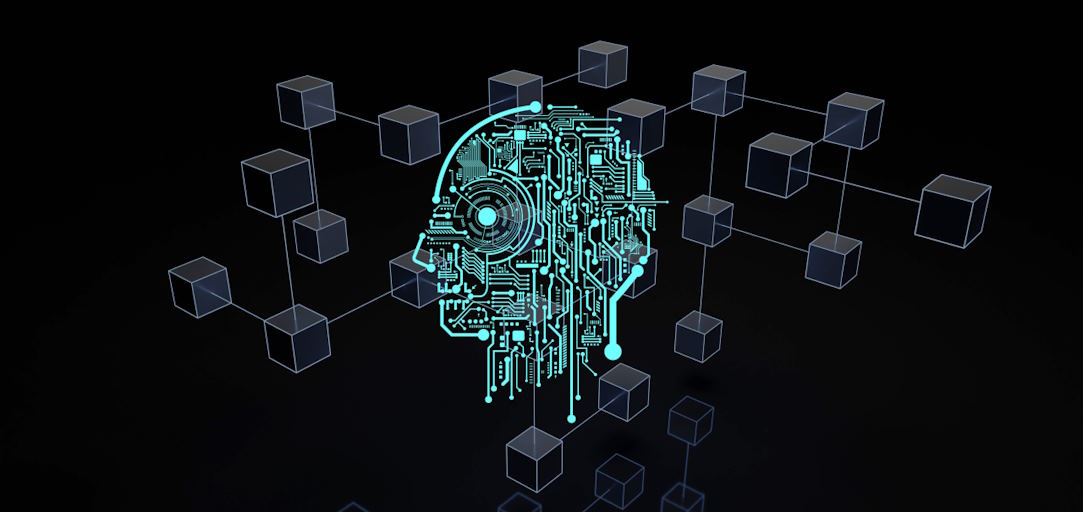
Blockchain Security Challenges
Navigating the landscape of Blockchain security reveals a series of challenges that demand a nuanced understanding and innovative solutions. Traditional blockchain security issues, including vulnerabilities in smart contracts, 51% attacks, and the potential for double-spending, have persisted as formidable adversaries. These challenges underscore the need for a comprehensive reassessment of security frameworks to safeguard the integrity of blockchain networks.
Conventional security measures, while effective to a certain extent, face limitations in adapting to the dynamic and sophisticated nature of contemporary threats. The immutability of data on the blockchain, while a strength, can also be a weakness, as any compromised information becomes permanent. Additionally, the decentralized nature of blockchain, while enhancing security, poses challenges in terms of governance and oversight.
Enter Artificial Intelligence (AI) as a transformative force in addressing these challenges. The incorporation of AI introduces a dynamic layer of defense, capable of adapting to emerging threats in real-time. By leveraging machine learning algorithms, AI can detect anomalies, predict potential vulnerabilities, and bolster overall security postures. This synergy between AI and blockchain not only augments traditional security measures but also propels the industry towards a more resilient and adaptive future, ready to confront the evolving landscape of digital threats.
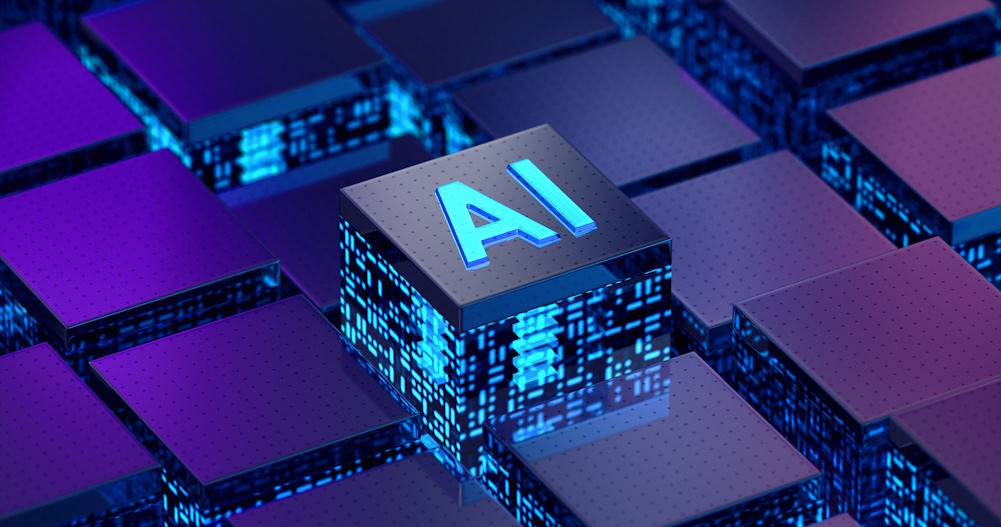
Applications of AI in Blockchain Security
Unlocking the full potential of blockchain technology demands a meticulous approach to security, and the integration of Artificial Intelligence (AI) introduces groundbreaking solutions to fortify two key aspects: smart contract security and decentralized identity and access management.
In the realm of smart contracts, AI proves instrumental in enhancing security through advanced code analysis. Traditional audits may overlook subtle vulnerabilities, but AI-driven algorithms scrutinize smart contract code with unparalleled precision, identifying potential exploits and weaknesses. This proactive approach not only streamlines the development process but also ensures the deployment of more resilient and secure smart contracts.
Decentralized identity and access management witness a transformative shift with the fusion of AI. Biometric authentication, a hallmark of AI applications, replaces traditional password-based systems, providing an additional layer of security that is inherently more resistant to unauthorized access. Moreover, AI-driven identity verification introduces a dynamic authentication process, continuously analyzing user behavior and adapting to evolving threats. This not only safeguards user identities on the blockchain but also establishes a robust framework for secure and seamless access management. Through these applications, AI emerges as a cornerstone in fortifying the foundations of blockchain security, setting the stage for a more resilient and adaptive digital ecosystem.
